New Zealand RV Travel Guide: 7 Things To Know

Quick Jumplinks to Navigate
Before you can travel through beautiful New Zealand on motor home and experience great adventures without sacrificing comfort, you’ll need to know some things that’ll come in handy.
New Zealand is a country that has a lot to offer to its guests with the beautiful Māori culture, picturesque landscape, beautiful beaches, lakes, fantastic camping, and hiking trails, amongst others. The best way to experience all New Zealand offers is by choosing a motorhome to cover all the adventure. With a motorhome, you can explore everything at your own pace while still having the freedom and flexibility of being spontaneous.
For those opting for New Zealand tour package, a motorhome is an excellent choice as it allows you to immerse yourself in the stunning scenery and diverse attractions the country has to offer. Many tour packages include motorhome rentals, ensuring a hassle-free experience where you can focus on enjoying the journey. Most people get skeptical when they think about the hassle of driving a motorhome. However, New Zealand is full of motorhome-friendly things that ease the maneuvering process.
Here are the following seven things to know:
1. Hiring A Motorhome
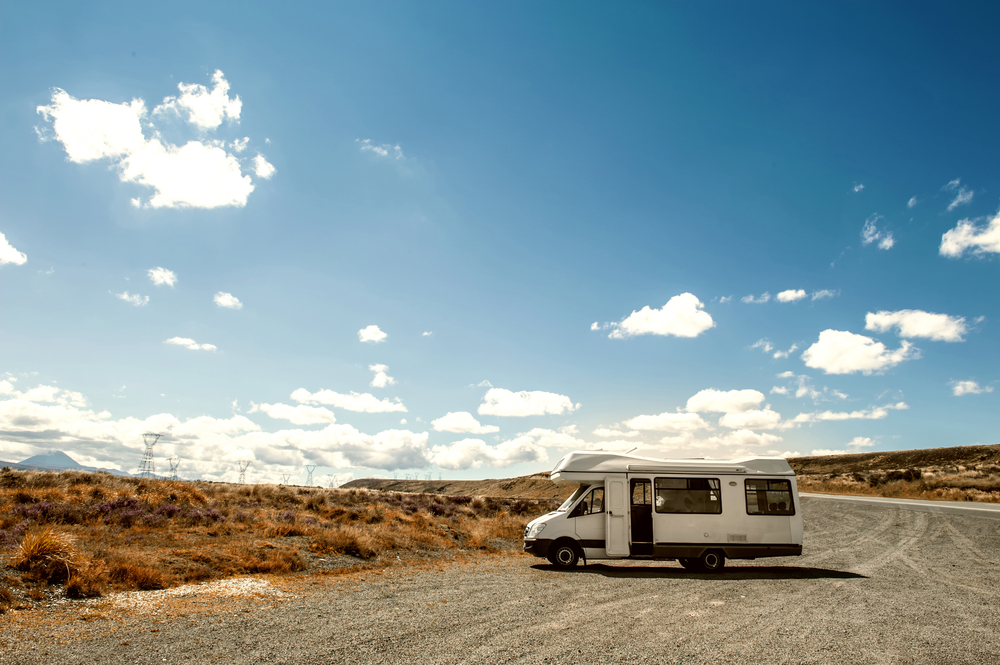
The process of planning an adventure throughout New Zealand on the road will include the hiring of an RV. As a result, you’ll need to find a motorhome that’ll be able to offer comfort at a budget-friendly price.
Perform a deep dive into finding the right company by visiting companies such as Wilderness Motorhomes. These websites will offer more information to guide you and make the decision process more manageable.
When choosing, factor in the number of people you’re traveling with and the level of comfort you want. For instance, if it’s only two travelers, then a smaller-sized motorhome will be more fitting than a family trip that’ll need additional bed space and level of comfort.
Also Read:- Places to Visit in New Zealand
2. Add More Time To Your Itinerary

Traveling in a motorhome won’t be the same as traveling and staying in hotel rooms. With a motorhome, you’ll have to factor in extra time that you’ll use for tasks such as refilling fresh water and cleaning after yourself.
It’s as opposed to staying in a hotel room with a service that cleans after you making it easy to stick to your itinerary and timeline. In addition, RVs may have a limited speed that will put you back several hours, and it’ll be prudent to have extra time when calculating drive times.
Must Read:- Things to Do in New Zealand
3. Pick Ideal Luggage
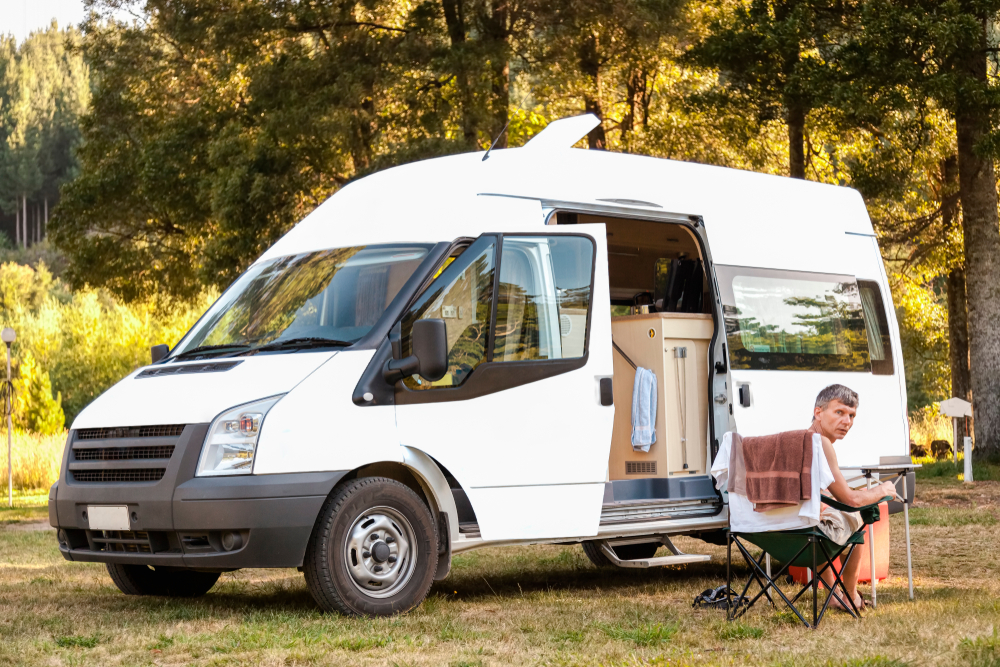
Motorhomes maximize space without having to sacrifice comfort. As a result, it’ll only offer limited storage space that’ll fit the basics.
Taking this in mind, opt for comfy pieces of luggage that will be easy to store without taking up space. Since the RV doesn’t boast of a high ceiling, opening the suitcase and accessing different things is impractical.
4. Carry A Shower Kit
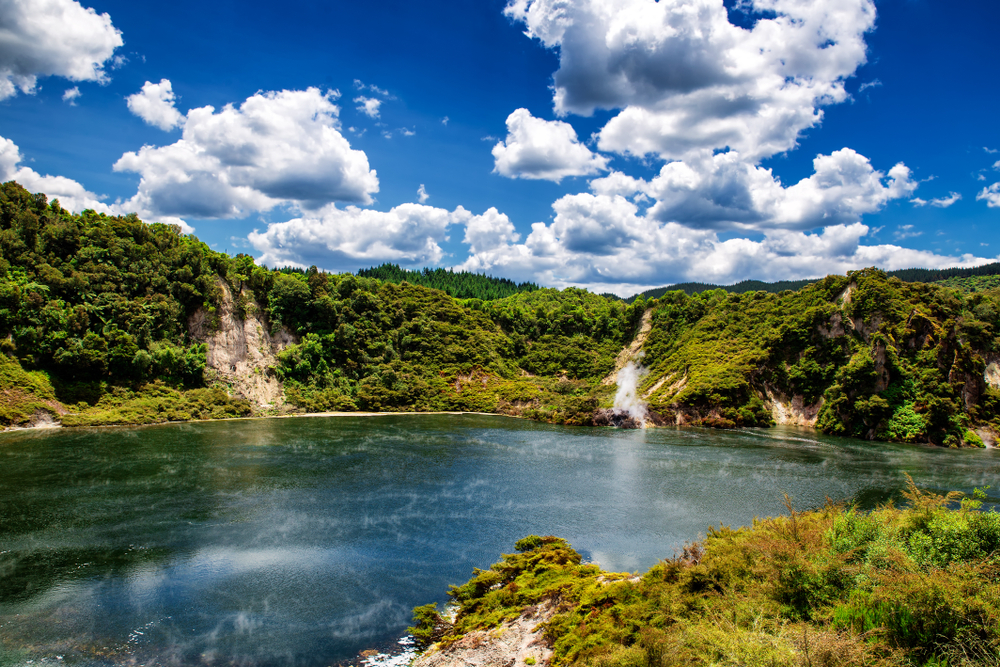
Nothing beats a nice warm shower after a long hot day of exploring, and an RV shower comes in handy. However, RV showers tend to be cramped, and you won’t enjoy an unlimited water supply.
As a result, it’ll be essential to carry a shower kit as most places in New Zealand have on-site showers. Since it’s a shared space, you’ll need to pack a pair of shower shoes to avoid walking barefoot on a bacteria-laden floor.
And to also avoid dropping anything, pack a reusable bag that’ll keep all your belongings safe without touching the ground.
Suggested Read:- 55 New Zealand Honeymoon Packages
5. Load Up On Essentials
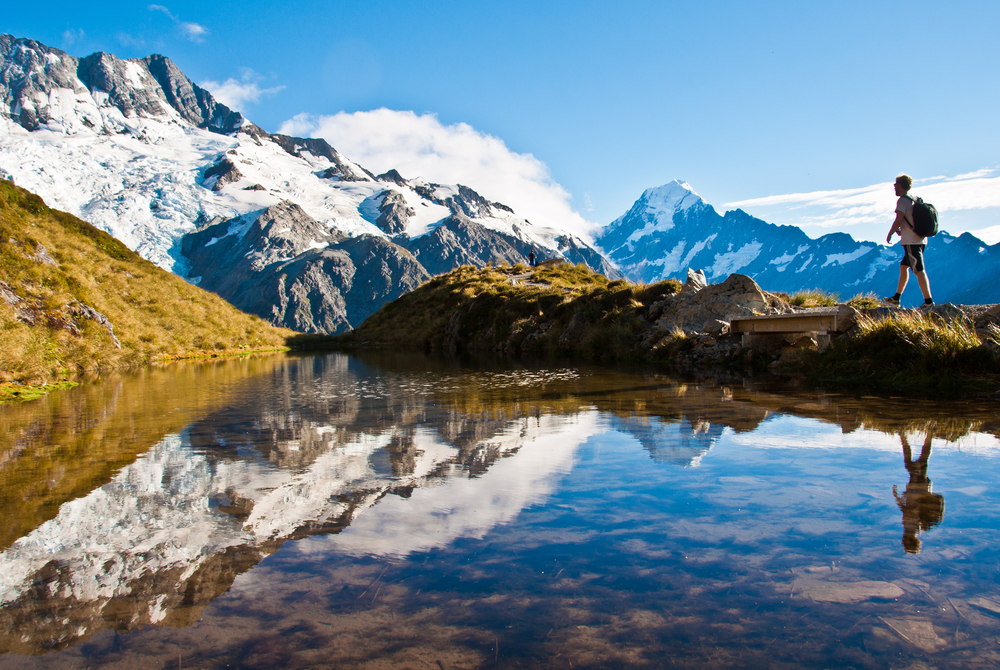
Before setting off to explore and find new adventures, you have to load up on essentials that’ll ensure you’re very comfortable. Having a portable hose suited for drinking water will provide you have a constant supply of clean water used for everything.
In addition, get a water filter that’ll eliminate things like bacteria, fluoride, heavy metals, and many more. And to ensure supplies don’t fall over, get levelers that’ll give your RV a leveled place to park even on uneven ground.
Other essentials include food, electronics, extra clothes, swimming essentials, travel documents, personal effects, kitchen items, camping, and outdoor gear.
6. Acquaint Yourself With Road Rules
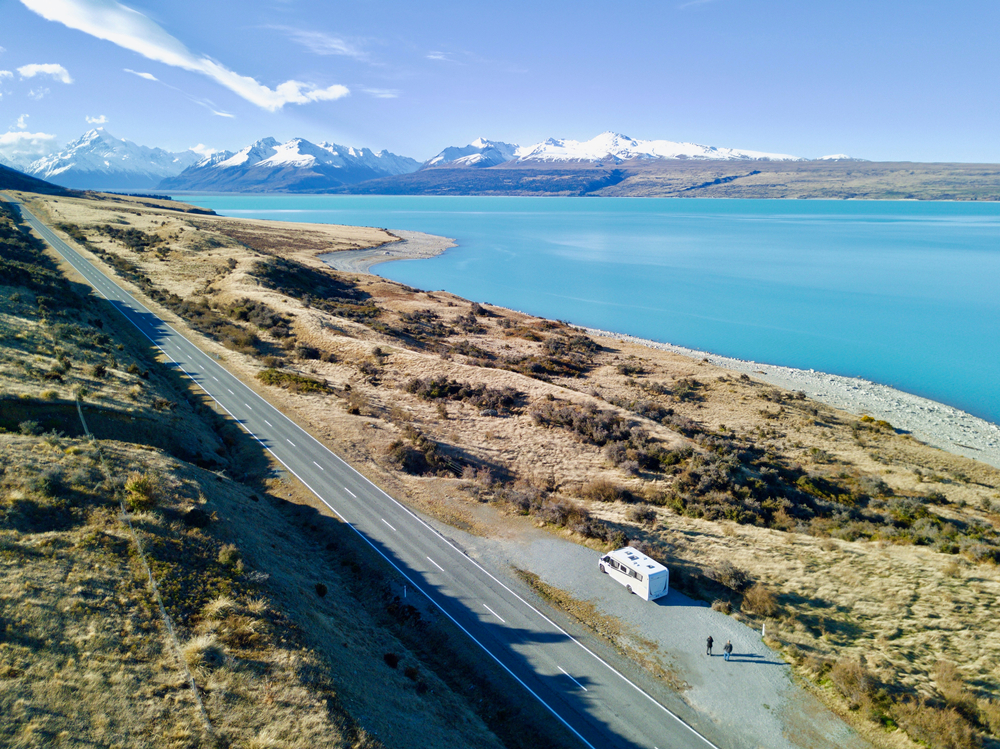
The most important part of planning to travel in an RV through New Zealand is learning about driving. If you hope to move, it’s required to be twenty-one years and above of age with a driver’s license that covers appropriate motorhome driving.
Driving done on the left and seatbelts is a requirement at all times, with a failure of proper use of seatbelts resulting in a hefty fine. Another essential rule to note is that there are forbidden rules on drinking and driving, with the alcohol limit being fifty milligrams of alcohol per hundred milliliters of blood. Anything exceeding these limits will subject you to outstanding penalties.
You’ll also need to follow speed limits that vary depending on what road you’re on. If you have to overtake, ensure that you can see a hundred meters of clear road in a place without a solid yellow line.
Book Now:- Best New Zealand Tour Packages
7. Pick The Right Time
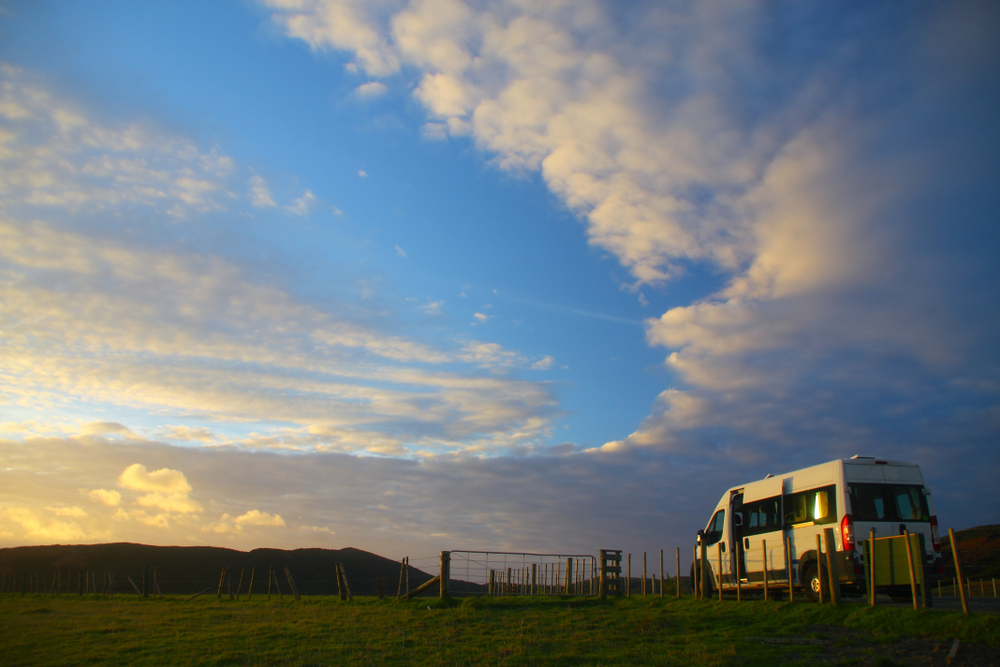
Seasons tend to impact the best times to travel through New Zealand in a motorhome. Temperatures are great during the peak season that ranges between December to February.
The summer season begins with Kiwis going on vacations and tourists beginning to arrive during this time. You’ll need to consider the high chances of crowding at tourist attractions sites.
However, during the off-season that falls in Autumn and Spring, the weather gets favorable, and the availability of motorhome rentals is high.
The weather makes it a great time to tour NZ in a motorhome during the off-season as you’ll enjoy low vehicle prices and mild weather without being around large crowds.
Conclusion

In conclusion, there are several things one needs to know before hopping on an adventure in New Zealand.
The first thing to do is find a motorhome company that offers great RVs at great prices.
Next, you’ll need to add more time to your itinerary to ensure you get every activity done. When packing, use soft luggage that easily stashes away without losing space. You’ll also need to carry a shower kit and load up on essentials that will ensure you still have access to your comfort.
Lastly, take time to acquaint yourself with road rules to avoid fines or penalties due to different road rules.
